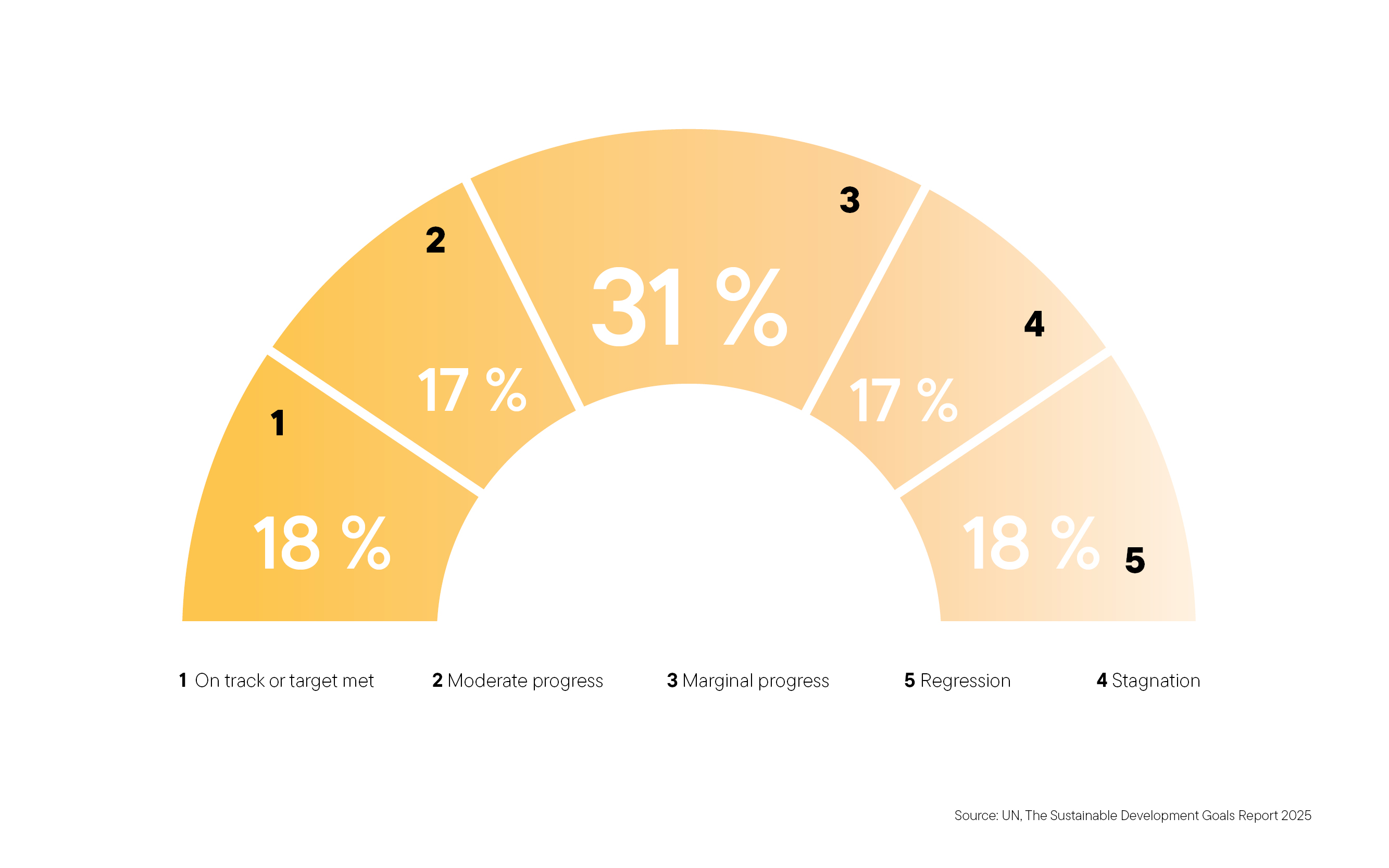Climate problems downplayed
Internationaler Klimaschutz.
Eine Chance für Entwicklungsländer.
[International climate protection. An opportunity for developing countries.]
Tectum Verlag, Marburg 2007, 86 p., €19.90, ISBN 978-3-8288-9363-4
This slim book explains how climate protection is opening up opportunities to newly industrialising countries. Pohl bases her claim on the endogenous growth theory. According to this theory, technical progress – and not real investment – is crucial for sustained economic growth. In developing countries, growth is driven by the spread of global knowledge from imported technology, imitation of foreign products, direct investment and training of local specialists.
According to the author, the climate protection in industrialised nations increases the global pool of environmentally-friendly technology. Countries such as India, Brazil and China could adapt such technologies (Pohl claims that they are already doing so) in order to reduce air pollution, for instance. In this way, greenhouse-gas emissions should go down in relative terms in spite of rising production. Pohl maintains, however, that an absolute carbon reduction is not to be expected in poor parts of the world. Unlike industrialised countries, they depend on growth to reduce poverty levels.
Unfortunately, Pohl’s theory downplays the climate problem. It is based on the notion of “weak sustainability”, according to which the loss of natural capital can be compensated for by an increase in other types of capital, for instance, tangible assets and expert knowledge. In theory, that suffices to keep growth going.
In reality, however, it is impossible to find substitutes for all aspects of nature – such as its ability to absorb greenhouse gases.
The book is teeming with formulae in which such processes as “learning by doing” are shown in mathematical form, as if they were quantifiable. Some conclusions are questionable. For instance, Pohl anticipates that the Kyoto Protocol’s Clean Development Mechanism will lead advanced nations to investment in climate-protection measures in developing countries, thus promoting the transfer of energy-saving technology. Up to now, however, the CDM has mostly allowed industries in rich countries to discharge climate-protection obligations cheaply. This fact, obviously, cannot be deduced from formulae.
Bernd Ludermann







